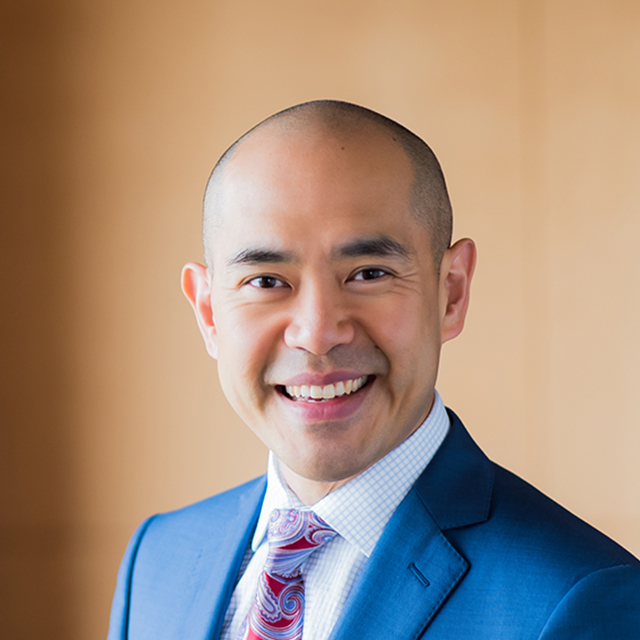Professor
Associate Chair for Clinical Affairs

Education
MA, 2001, Stanford University, Sociology
MA, 2001, Stanford University, Music
MD, 2005, University of California, San Francisco, Medicine
Biography
Dr. Thomas Chi, MD, graduated as a President's Scholar from Stanford University with a Bachelor of Arts in Human Biology as well as Masters degrees in both Sociology and Music. He went on to earn his medical degree from the University of California, San Francisco School of Medicine. After graduating, he completed two years of general surgery residency training and then a urology residency at UCSF. After completing his Chief Resident year in the Department of Urology, he continued on to finish a fellowship in Endourology and Laparoscopy under the mentorship of Dr. Marshall L. Stoller.
During his fellowship, Dr. Chi was awarded grant funding from the National Institutes of Health and the American Urological Association Urology Care Foundation to research the fundamental mechanisms underlying the formation of urinary stones. During that time he developed a novel model for the study of kidney stones utilizing the common fruit fly, Drosophila melanogaster.
Clinical Interests
He joined the UCSF faculty of the Department of Urology in 2013 where his clinical interests include the care of patients with urinary stone disease and those in need of minimally invasive surgery. He specializes in the performance of endoscopic, laparoscopic, and percutaneous surgeries. He has established ReSKU, the Registry for Stones of the Kidneys and Ureter, the first kidney stone registry of its kind for tracking patient clinical outcomes and is an internationally recognized specialist in the use of ultrasound in the management of kidney stones to minimize patient radiation exposure.
Research Interests
In addition to his clinical interests, Dr. Chi supervises an NIH-funded translational science lab where he leads a cross-disciplinary research team. His research focuses on understanding the genetic and microbial environment of the kidney related to how kidney stones form and developing new medical preventative interventions. He has published over 50 peer-reviewed articles and book chapters spanning both basic science as well as epidemiologic approaches centered around improving the care of patients with urinary stone disease.